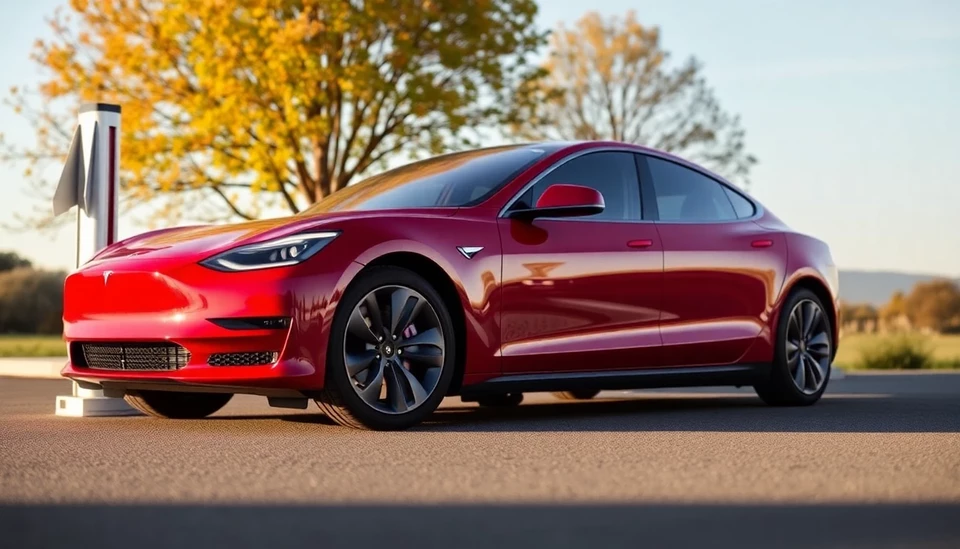
In a recent update from the automotive sector, BMW has reported flat sales in Mexico, attributing the stagnation to the ongoing repercussions of Trump-era tariffs coupled with a weakened peso. The company’s struggle reflects broader challenges facing the auto industry in Mexico, highlighting the implications of both international trade policies and domestic economic conditions.
Sales projections for BMW in Mexico have significantly faltered, primarily due to the high tariffs imposed on imported vehicles and parts under the previous U.S. administration. Although these tariffs were aimed at boosting American manufacturing, they have inadvertently created a ripple effect impacting neighboring economies, particularly Mexico, which is a vital player in the automotive supply chain.
Additionally, the Mexican peso’s depreciation against the dollar has further exacerbated the situation. As the currency weakens, the cost of imported parts and vehicles rises, making it more challenging for BMW to maintain competitive pricing in the local market. This economic environment has resulted in a lack of growth in vehicle sales, placing pressure on the luxury automaker to rethink its strategy within the region.
Despite the challenging market conditions, BMW is looking to adapt. The company is exploring ways to localize production and strengthen its supply chains to mitigate the adverse effects of tariffs and currency instability. By enhancing local manufacturing, BMW aims to reduce its dependency on imports, which could help in navigating the complex trade landscape more effectively.
Industry analysts suggest that to regain momentum in Mexico, BMW must not only address these external pressures but also bolster its product offerings to cater to the evolving preferences of Mexican consumers. Innovations in electric vehicle technology and sustainability could play vital roles in attracting customers and positioning BMW as a forward-thinking brand in a rapidly changing automotive market.
As BMW adjusts its strategic plans in response to these challenges, the situation serves as a significant case study on how auto manufacturers adapt to the interplay of tariffs and currency fluctuations in the global marketplace. The outcome of BMW's efforts will be critical in determining its future profitability and market share in one of its key regions.
For those keeping a keen eye on the automotive industry and its intertwining with global trade dynamics, this situation underscores the importance of agility and innovation in a competitive landscape marked by economic uncertainties.
In conclusion, while BMW has encountered flat sales in Mexico, the automaker's proactive measures to localize production and innovate its offerings could be crucial in overcoming these hurdles. The unfolding journey of BMW in Mexico will be closely monitored as it may offer better insights into the future of the automotive industry concerning trade policies and currency fluctuations.
#BMW #MexicoSales #AutomotiveIndustry #TradePolicies #CurrencyStrength #LuxuryCars #Sustainability #ElectricVehicles
Author: Victoria Adams




